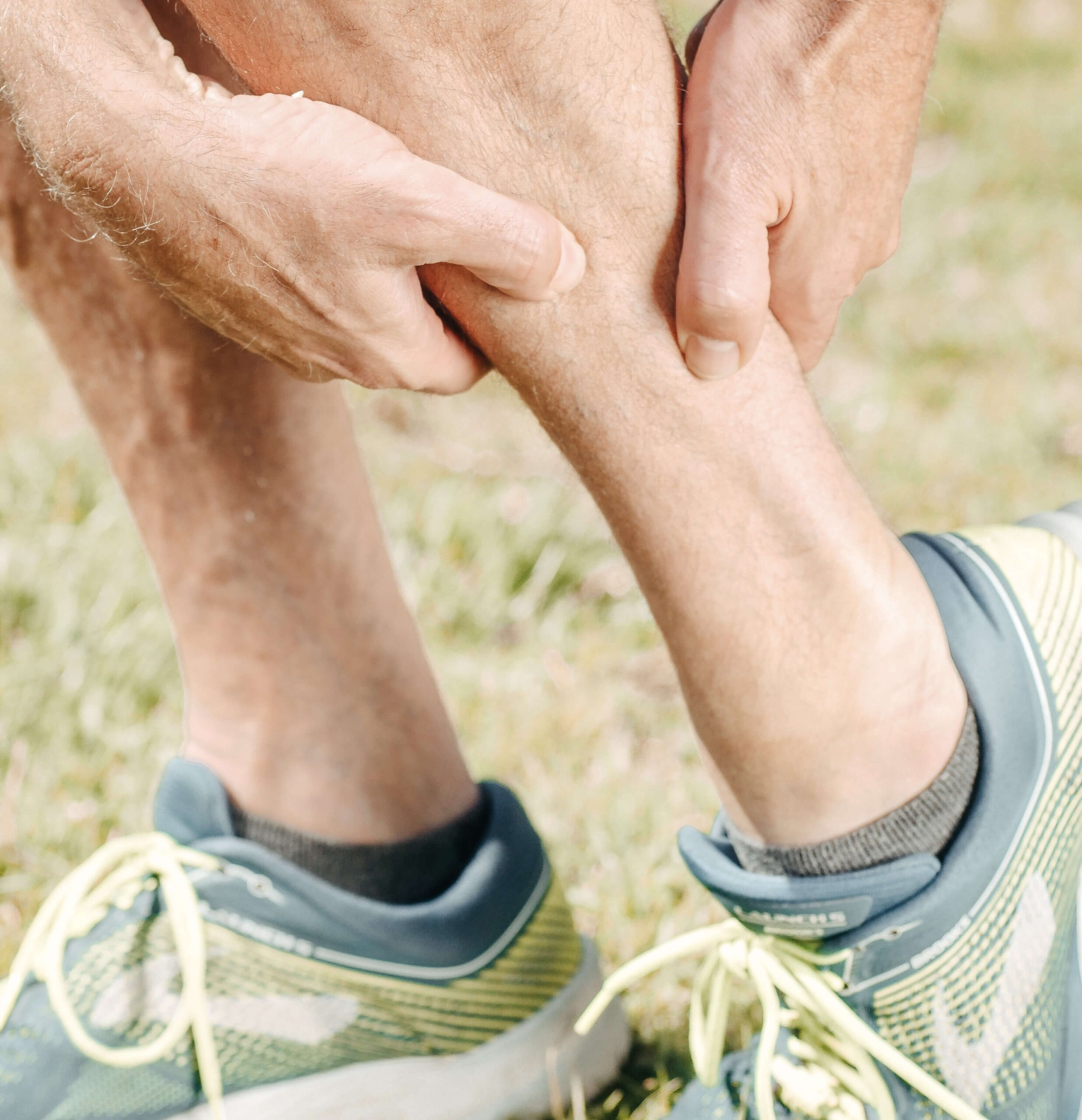Our physios have been treating a number of muscle injuries such as hamstring strains, quadriceps strains and calf strains, at Physio Elements. And number of patients we are treating with this condition has significantly increased in the last few weeks. The injuries have not been specific to any particular age group or sport. We see a lot from our local football, basketball, netball, tennis and cricket clubs in Kilsyth, Croydon and Mooroolbark. The cold weather we have been experiencing recently may be contributing to our increasing caseload. Our local patients who come from Montrose, Kalorama and Mt Dandenong have even lower temperatures because of their geography. Is Coldstream in the outer East the worst or up in the hills?
Cold weather can increase the risk of muscle injuries during exercise, but it’s not the cold itself that directly predisposes to injuries. Instead, the increased risk is primarily due to the physiological changes that occur in the body in response to cold temperatures.
CAUSES:
Here’s how cold weather can impact muscles and increase the risk of injury:
1) Muscle stiffness: In colder temperatures, muscles tend to become stiffer and less flexible. This increases the susceptibility to strains and tears, especially if engaging in sudden or vigorous movements. Not properly warming up is very common to result in strains.
2) Decreased blood flow: Cold weather causes vasoconstriction, which means blood vessels narrow, leading to reduced blood flow to the muscles. Muscles are more prone to injuries during physical activity because of the limited supply of oxygen and nutrients to the muscles.
3) Poor warm-up: Not properly warming up is very common to result in strains. People often tend to skip or rush through their warm-up routines in cold weather because of discomfort of the cold outdoors. A proper warm-up is crucial for preparing muscles for physical activity and preventing injuries.
4) Less hydration: In colder weather, one may not feel thirsty often. Dehydration can impact muscle function and make them more susceptible to injuries.
PREVENTION:
Our physiotherapists suggest the following to minimize the risk of muscle injuries during exercise in cold weather:
1) Warm-up thoroughly: Spend extra time warming up muscles with dynamic stretches and light aerobic exercises to improve flexibility and increase blood flow.
2) Dress appropriately: Wear layers of clothing to keep muscles warm during exercise. Layers can then be shed to maintain a comfortable body temperature as one warms up.
3) Stay hydrated: Make sure to drink enough water before, during, and after exercise to keep muscles hydrated.
4) Avoid sudden movements: Be mindful of movements, especially if engaging in activities that require quick changes in direction or intensity special before warming up. Gradually increase the intensity of exercise to allow muscles to adapt.
5) Listen to your body: If feeling any discomfort, pain, or unusual sensations in the muscles, take a break and assess the situation before continuing. Ignoring warning signs can lead to more severe injuries.
Our physios are experienced in attending to such injuries, providing the necessary guidance and advise on activity modifications to enhance recovery, provide the rehabilitation required including appropriate strengthening of the muscles and returning back to sports and lots of tips on preventing re injury.
If you need any guidance or would like to recover from a muscles strain feel free to book in with one of our Physiotherapists at Physio Elements, 552 Mt Dandenong Road, Kilsyth by clicking on this link. https://physio-elements.au1.cliniko.com/bookings#service

